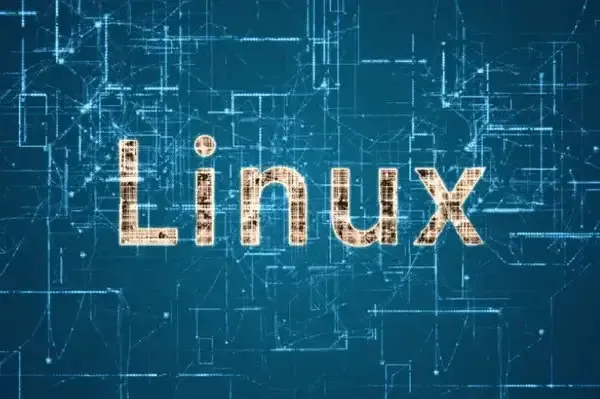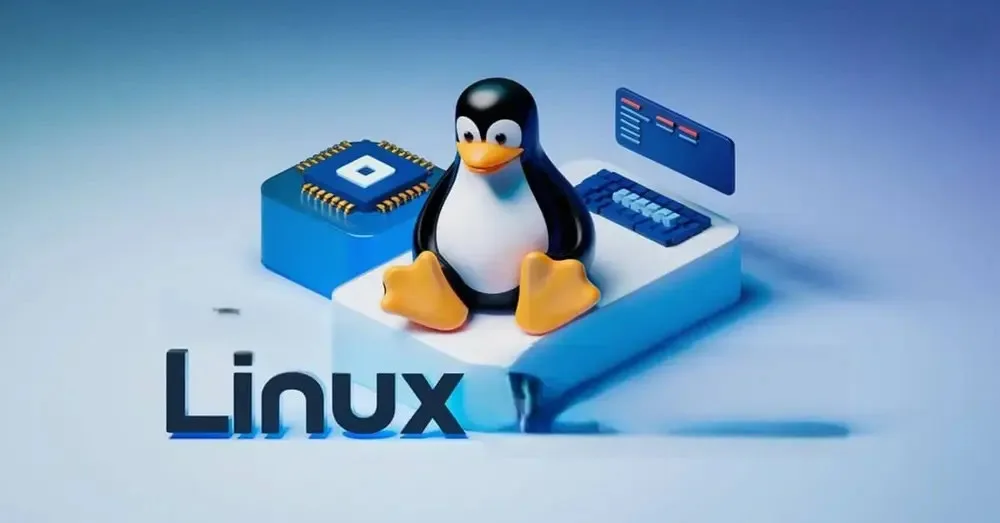How Linux Can Become the Ideal Platform for Online Casinos

In the competitive and highly regulated world of online gambling, the technology stack behind an iGaming platform plays a critical role in ensuring performance, security, and scalability. For IT professionals tasked with building and maintaining these systems, choosing the right server operating system is not merely a technical decision—it’s a strategic one. Among the available options, Linux stands out as a robust, efficient, and cost-effective choice for online casino infrastructure. One notable example is Casino Tokyo, which relies on a Linux-based backend to ensure seamless gaming experiences and uninterrupted uptime.
Over the past two decades, Linux has evolved from a developer-oriented OS into a mature platform powering some of the world’s most demanding environments, including financial services, telecom, and gaming. The nature of online casinos—with their need for constant uptime, data integrity, and responsive architecture—makes Linux particularly well-suited for the task. Below, we explore why Linux is increasingly the preferred environment for operators looking to future-proof their platforms.
Advantages of Linux as a Server Platform for Online Casinos
Linux provides a unique combination of performance, customisability, and efficiency that gives online casino operators full control over how their backend systems are built and managed. With open-source code at its core, Linux allows for deep system-level modifications, ideal for tailoring server configurations to high-load casino applications, such as real-time multiplayer games, live dealer streams, and large-volume transaction processing.
Reliability is another cornerstone of Linux architecture. Unlike many closed systems, Linux distributions are known for their stability in long-term operations, with minimal need for reboots or disruptive maintenance. This level of uptime is essential in a 24/7 gaming environment where downtime directly translates to lost revenue and user dissatisfaction.
Moreover, Linux supports a wide array of programming environments and tools, including PHP, Node.js, Java, Python, and Go, which are often used to develop modern casino software. Containerisation tools like Docker and orchestration platforms such as Kubernetes are also natively supported, making Linux ideal for microservices and modular architectures commonly found in iGaming platforms.
Comparison of Linux with Other Operating Systems
When compared to Windows Server, Linux demonstrates clear advantages in areas such as performance overhead, licensing flexibility, and resource usage. Linux distributions typically consume less CPU and memory, enabling higher throughput per hardware unit. This translates into better cost-to-performance ratios, especially important for casino platforms processing thousands of transactions per minute.
Against commercial UNIX systems, Linux offers similar levels of stability and scalability, but with a significant edge in terms of community support and software availability. While legacy UNIX solutions may still be in use at enterprise-level casinos, many are migrating to Linux due to the latter’s agility and broader ecosystem of tools and frameworks.
Furthermore, Linux’s compatibility with cloud-native technologies makes it a better fit for operators shifting to hybrid or fully cloud-hosted infrastructures. Native support for tools like Ansible, Terraform, and Helm further simplifies deployment automation and infrastructure as code, empowering IT teams to streamline operations and reduce error rates.

Community and Developer Support
The strength of the Linux ecosystem lies not only in its codebase but also in the global community behind it. A vibrant developer network contributes to continual updates, patches, and security improvements—vital in a landscape where vulnerabilities can cost casinos millions in lost trust and penalties.
Popular distributions such as Ubuntu Server, CentOS Stream, and Debian are maintained by well-funded organisations and volunteers alike, ensuring a balance between innovation and stability. For IT professionals, this means access to reliable documentation, active forums, and prompt issue resolution, all of which help reduce operational overhead.
Casino Tokyo, for instance, has benefited from this active support ecosystem, allowing its technical team to implement infrastructure improvements without vendor lock-in or licensing delays. Such agility is crucial in a market where response time to new trends or regulatory changes can define competitive advantage.
Cost Reduction Through Linux Adoption
Licensing costs for proprietary operating systems can significantly impact the bottom line of a casino operator, especially at scale. Linux, by contrast, eliminates recurring OS licensing fees, allowing IT budgets to be reallocated toward scaling infrastructure, developing new features, or enhancing user experience.
Hardware optimisation is another area where Linux excels. Lightweight distributions can run efficiently on lower-spec machines, reducing the need for expensive upgrades and extending the lifespan of existing hardware. This is particularly valuable for operators running large server farms or edge nodes in different regions.
Automation also becomes more accessible and robust under Linux. Tools like Bash scripting, cron jobs, and systemd timers enable fine-grained control over maintenance, backups, and deployment tasks. This reduces manual workload and human error, thereby improving operational efficiency and reducing staffing costs.
Security as a Key Factor for Linux in Online Casinos
Security is non-negotiable in the online casino business. Linux provides powerful built-in security frameworks, such as SELinux (Security-Enhanced Linux) and AppArmor, which enforce mandatory access controls at the kernel level. These mechanisms allow system administrators to restrict program behaviours in a granular manner, drastically limiting the attack surface.
Encryption and secure communication protocols are also natively supported. Tools like OpenSSL, GnuPG, and iptables make it straightforward to implement end-to-end encryption, VPN tunnels, and firewall policies—all essential for protecting sensitive player data, payment transactions, and internal APIs.
Furthermore, Linux offers excellent monitoring and incident response capabilities. Integration with intrusion detection systems (e.g., Snort, OSSEC) and log management tools (e.g., Logwatch, Fail2Ban) empowers security teams to detect and respond to threats in real time. The modular nature of Linux also allows casinos to tailor their security stack based on risk profiles and regulatory requirements.




